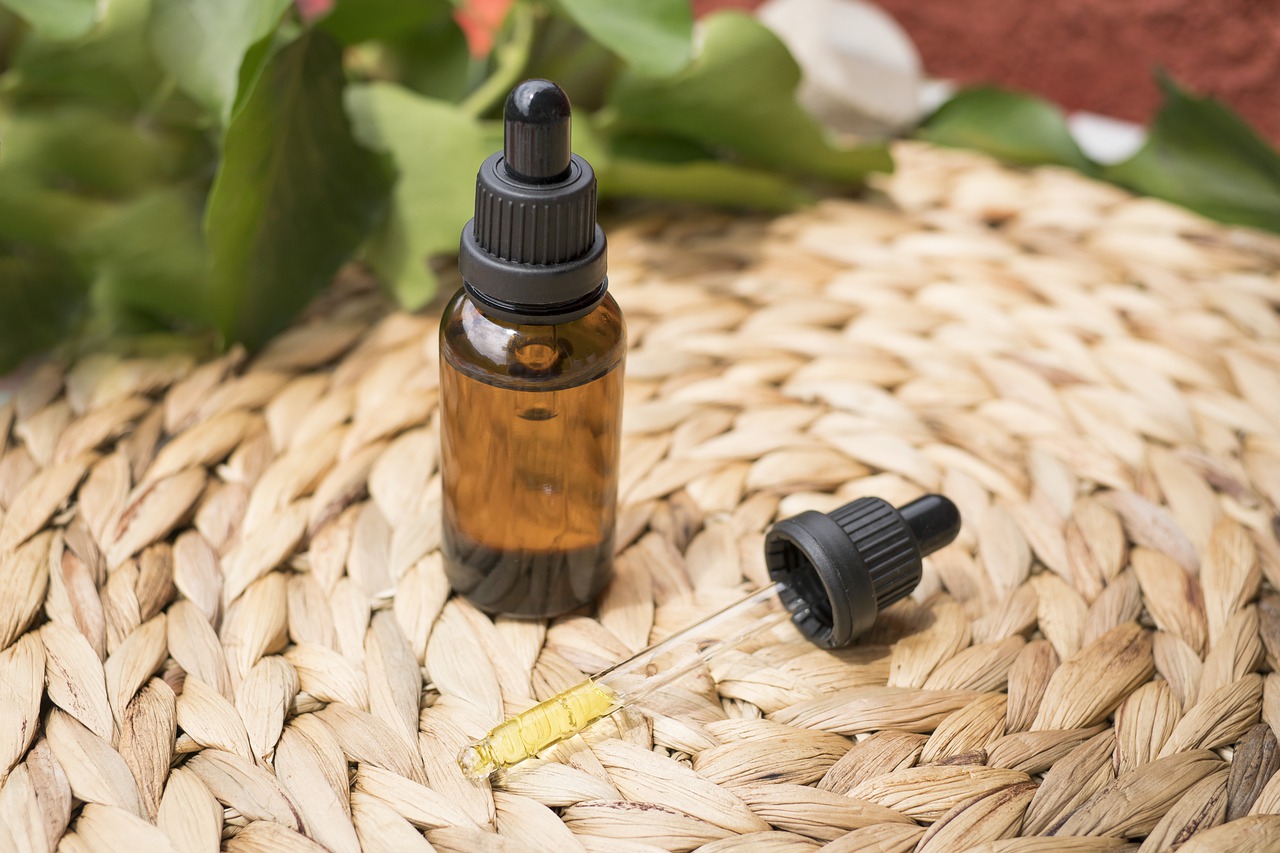
We’ve all experienced the flutter in the chest, the sick feeling in the stomach or the sense of impending doom that comes with feeling anxious.
It can be debilitating.
Your mind doesn’t function as you would like it to because your body has diverted all of its resources into combating the threat. It’s a system designed to help us run away from tigers or bears, so all of our energy gets diverted to our flight or fight systems.
Unfortunately, fighting or fleeing probably isn’t going to be much use when you need to give a presentation or make a difficult phone call.
What can you do?
Anxiety is usually based on the future. You are worrying about something that may or may not happen – that you’ll mess up your lines in your presentation, or your phone call won’t go well. Bringing yourself back into the present moment can help.
Ask yourself what is happening right now, and remind yourself that you are safe. It’s also helpful to fact check your anxious thoughts.
We often get anxious, assuming that the worst will happen when the scenario we’re imagining is generally quite unlikely.
Focusing on breathing in and out can be beneficial. There’s also a 3-3-3 exercise that you can try: naming three things you can see around you, naming three things you can hear around you, and moving three parts of your body.

Some people also like to try natural remedies for anxiety, such as Rescue Remedy, which you can get in health food stores, or CBD, which you can get from simplycbdwales.com.
If you want to try CBD, it’s important that you speak with your doctor first. It’s also important to note that there isn’t any scientific evidence to suggest that CBD actually helps with anxiety.
Finally, sometimes something as simple as getting up and going for a walk can be effective because you will interrupt your train of thought and break the anxious thought pattern.
Walking and exercise, in general, are an essential part of keeping anxiety under control because they keep your body balanced and working as it should be. If you’re someone who suffers from anxiety, having a regular exercise routine is particularly important.

When to get help for anxiety
If you are suffering from anxiety frequently and it impacts your quality of life, then you must make an appointment to see your doctor or mental health professional.
There are plenty of treatments available, from talking therapies to cognitive behavior therapy to medication, all of which can vastly improve your quality of life.
Some signs that it’s time to get help for anxiety are:
- If you are spending a lot of time worrying or it’s preventing you from making decisions.
- If worrying is stopping you from doing things you enjoy, like traveling or going out with friends.
- If you’re exhausted from worrying.
- If you’re afraid to voice your opinion for fear of what people will think of you.
- If you’re feeling isolated.
- Having panic attacks.
- Struggling to leave the house.
Final Thoughts
If you feel that your mental health is in any way impacting your quality of life, it’s important to speak up. You don’t need to wait until it gets really bad, and in fact the earlier you seek treatment the better the outcomes are likely to be.







